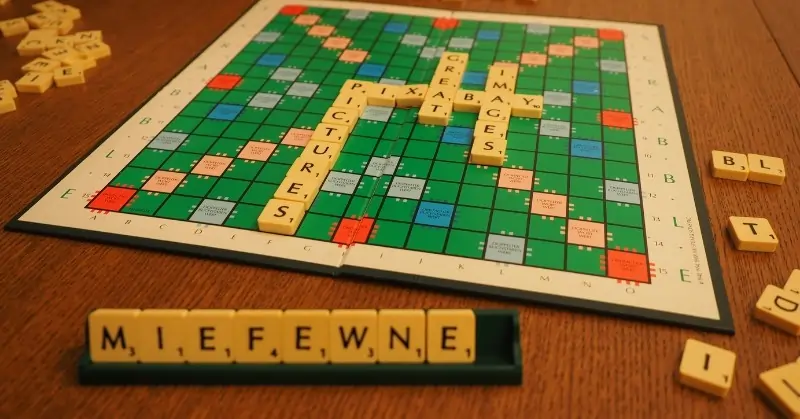Board games have come a long way from just being rainy-day diversions or childhood pastimes. Whether you’re planning a family game night, a party, or a weekend gaming marathon, understanding board game genres helps you choose a game everyone will enjoy. Here’s a breakdown of the most popular board game genres—and what makes them perfect (or imperfect) for different types of players.
Strategy Games: Think Ahead or Fall Behind
Strategy board games are all about skill, foresight, and calculated moves. Popular examples include Catan, Scythe, or Terraforming Mars. These games often feature mechanics like resource management, territory control, or engine building.
Benefits:
- Offers deep gameplay and strong replay value.
- Appeals to competitive players who enjoy long-term planning.
- Often supports higher player counts or expansions.
Risks & What to Avoid:
- Can overwhelm new or casual players.
- Setup and rules explanation can be time-consuming.
- May lead to “analysis paralysis” if turns are overly complex.
Best For:
- Competitive players who enjoy mastering systems.
- Groups with time to spare and a shared appetite for complexity.
Cooperative Games: Win Together or Lose Together
In contrast to competitive games, cooperative board games (co-op games) encourage players to work together to beat the game. Notable titles include Pandemic, Gloomhaven, and Forbidden Island.
This genre is the heart of group harmony—encouraging shared problem-solving, communication, and strategy.
Benefits:
- Ideal for team-building or family play.
- Reduces competitive tension—great for younger players or mixed skill levels.
- Reinforces empathy and mutual support.
Risks & What to Avoid:
- Dominant player syndrome: One person may try to take over all decisions.
- Some co-op games can feel too predictable if not well-designed.
- Victory depends heavily on cooperation; solo-minded players may feel frustrated.
Best For:
- Families, teaching environments, or anyone looking to build connection through gaming.
Party Games: Energy, Laughter, and Speed
Party games are easy to learn, quick to play, and focused on fun rather than depth. Think Codenames, Telestrations, or Just One. These games thrive in larger groups and don’t require deep strategy or commitment.
This is where genres of board games really diversify—party games are their own flavor, built for energy rather than endurance.
Benefits:
- High energy and fun; perfect for breaking the ice or livening up gatherings.
- Low learning curve—anyone can jump in.
- Short playtimes mean you can try multiple games in one sitting.
Risks & What to Avoid:
- May lack depth for players seeking a richer experience.
- Can be chaotic or noisy—less suited to quieter groups or introverts.
- Replayability depends heavily on player interaction rather than game design.
Best For:
- Social events, casual gatherings, mixed-age groups, or gaming newcomers.
Other Genres Worth Exploring
While strategy, cooperative, and party games are the most prominent, there are several subgenres and niche formats that cater to more specific tastes.
Deck-Building Games
Like Dominion or Clank!, these games have players construct a deck of cards during gameplay. Great for players who enjoy customization and evolving strategies.
Role-Playing Board Games
Blending board game structure with character-driven storytelling, games like Descent or Mansions of Madness offer immersive adventures.
Abstract Games
Pure strategy, minimal luck. Think Chess or Azul. These are ideal for players who love tactical depth without narrative fluff.
Legacy Games
Games like Risk Legacy or Charterstone evolve permanently over time, with each session affecting future play. Ideal for long-term groups seeking narrative development.
How to Choose the Right Game for Your Group
Every player and group is different, so keep these tips in mind when selecting a board game:
- Know your audience: Competitive or casual? Young or experienced? Loud or low-key?
- Check the time commitment: Some genres (like strategy or legacy) require hours; party games might only take 15 minutes.
- Mind the group size: Party games often scale well, while strategy games may be best for 3-4 players.
- Test before you invest: Try games at cafes, libraries, or use digital platforms like Tabletop Simulator or Tabletopia before buying.
Understanding the different genres of board games like dartboard, ludo, scrabble, chess, etc. equips you to match the right game with the right players—ensuring fun, engaging experiences that everyone enjoys. Whether you’re building an empire, surviving a pandemic, or just trying to make your friends laugh, there’s a genre that fits your needs perfectly. Take the time to explore these categories, and your game nights will become unforgettable.
Read more: RadioRed: Mexico’s Trusted Source for Communication Radios and Accessories


